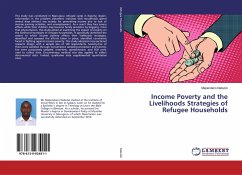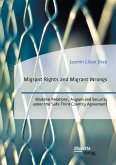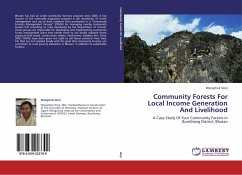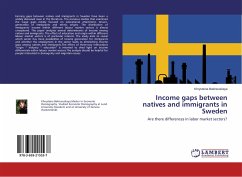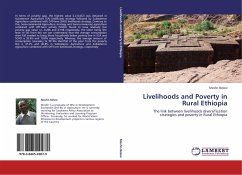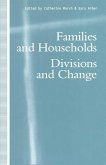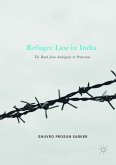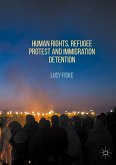This study was conducted in Nyarugusu refugee camp in Kigoma region. Information in the problem statement indicates that households spend several days without any activity for generating income due to lack of income earning activities, and unemployment. As a result they face severe effects while their children may become family providers by begging. From that phenomenon, this study aimed at examining the impact of poverty on the livelihood strategies of refugee households. It specifically identified the extent to which income poverty affects their livelihoods strategies, identified and assessed the efforts taken in place, identified constraints faced in fighting against income poverty. The study adopted cross-sectional research design with a sample size of 100 respondents. Seventy-five of them were sampled through Convenience sampling procedure and twenty-five were purposively sampled. Interview, questionnaire, and FGD were used to collect data. Documentary method was also applied to collect documented data. Indeed, qualitative data supplemented quantitative ones.
Bitte wählen Sie Ihr Anliegen aus.
Rechnungen
Retourenschein anfordern
Bestellstatus
Storno

